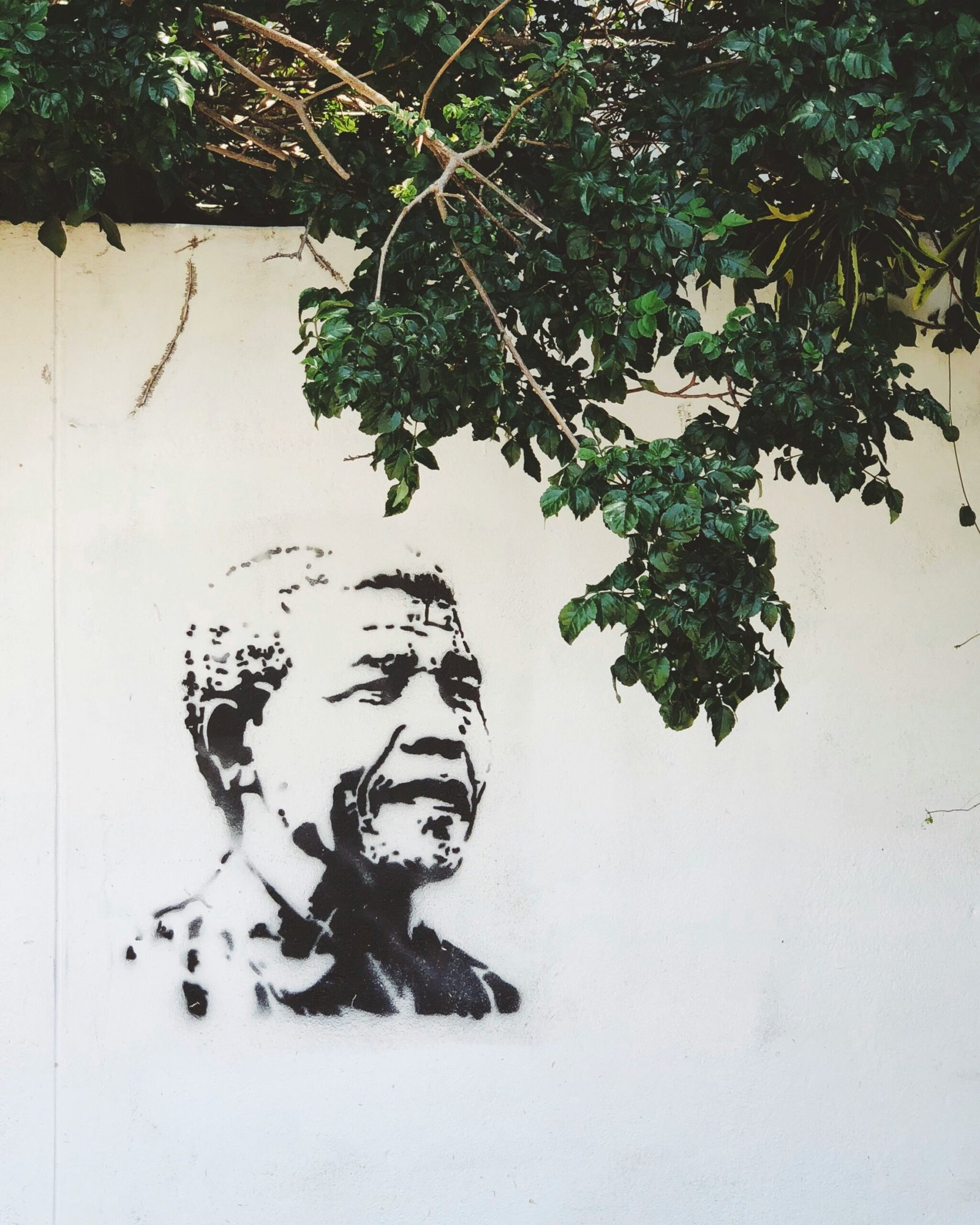1994: Nelson Mandela Wins Presidency
In a historic event that marked the definitive end of apartheid, Nelson Mandela was elected as the first black president of South Africa on April 26, 1994. This momentous occasion took place in the country’s first multiracial elections, signifying a new era of equality and unity.
Apartheid, an institutionalized system of racial segregation and discrimination, had been enforced by the white minority government for nearly 50 years. It created deep divisions and injustices within South African society, with the black majority suffering from systemic oppression and limited opportunities.
Nelson Mandela’s election as president was a significant milestone in the country’s history. It represented a triumph over the injustices of the past and a step towards a more inclusive and equal society. Mandela’s leadership during this period was pivotal in guiding South Africa through significant political and social reform.
The End of Apartheid
Under Mandela’s presidency, South Africa embarked on a journey of reconciliation and the dismantling of racial barriers. He advocated for unity and worked towards healing the wounds inflicted by apartheid. Mandela’s commitment to forgiveness and inclusivity played a crucial role in bringing the nation together.
During his presidency, Mandela implemented policies and initiatives aimed at addressing the socio-economic disparities that were a legacy of apartheid. He focused on improving access to education, healthcare, and housing for all South Africans, regardless of their race or background.
Mandela also established the Truth and Reconciliation Commission, which aimed to investigate the human rights violations committed during apartheid and promote healing and justice. This commission provided a platform for victims and perpetrators to share their stories and seek reconciliation.
Mandela’s Legacy
Nelson Mandela’s presidency left a lasting legacy on South Africa and the world. His commitment to equality, justice, and reconciliation inspired people around the globe. Mandela became a symbol of hope and resilience, demonstrating the power of forgiveness and unity in overcoming deep-rooted divisions.
His leadership and vision for a united South Africa earned him international acclaim and numerous awards, including the Nobel Peace Prize in 1993. Mandela’s influence extended beyond his presidency, as he continued to be an advocate for social justice and human rights until his passing in 2013.
The impact of Mandela’s presidency can still be felt in South Africa today. Although the country continues to face challenges, his legacy serves as a reminder of the progress that has been made and the work that still needs to be done to achieve true equality.
For more information on Nelson Mandela’s presidency and the end of apartheid, you can visit the following external references:
- Nelson Mandela Foundation
- South African History Online
- BBC News – Nelson Mandela: A Life in Photographs
In conclusion, Nelson Mandela’s election as the first black president of South Africa in 1994 marked a significant turning point in the nation’s history. It signaled the end of apartheid and the beginning of a new era of equality and unity. Mandela’s presidency was characterized by his commitment to reconciliation and the dismantling of racial barriers. His leadership and vision continue to inspire people around the world, reminding us of the power of forgiveness, unity, and the pursuit of social justice.

